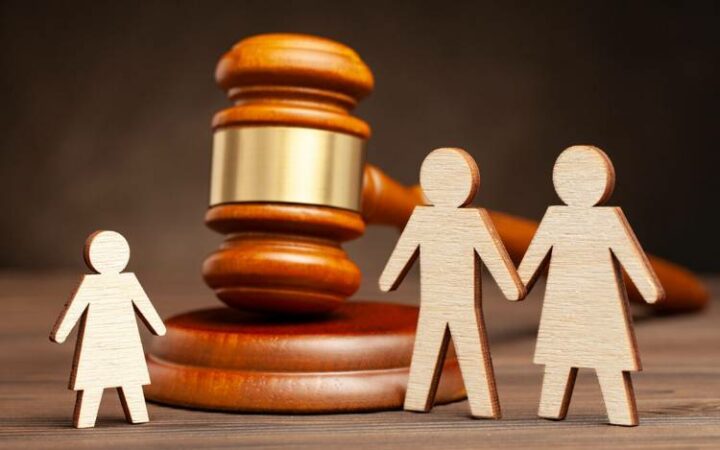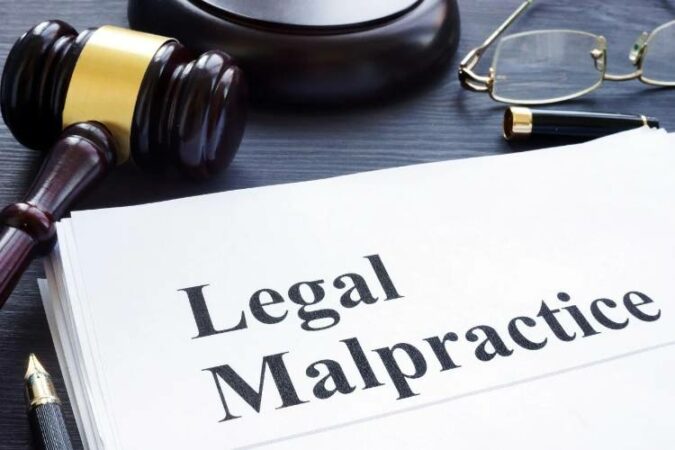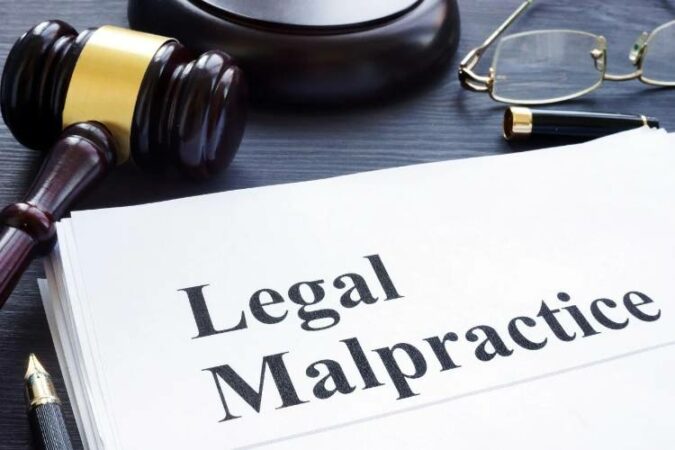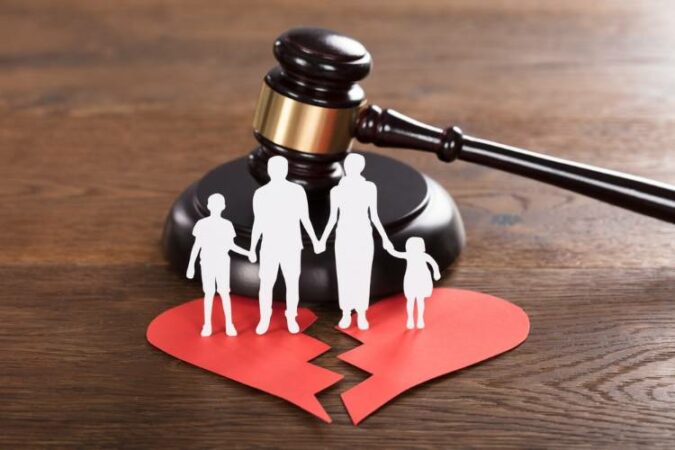
You are considering to take care of a child that isn’t yours. You have two options: legal guardianship and adoption. The question is, how do they differ? What are the differences between legal guardianship vs adoption of a child?
Both guardianships and adoptions involve responsibilities to keep the child safe, healthy, well cared for, and happy. Most of the day-to-day duties are the same, too. Below, we explain the differences between them and help you figure out which option is the right one for you.
The Differences Between Legal Guardianship vs Adoption
What is difference between guardianship and adoption? While both are about providing a child with stable and supportive parents, they are not the same. In anything, they have many differences.
1. Legal status

Firstly, the legal status. The legal status of legal guardianship vs adoption is different. In the case of legal guardianship, the rights of the birth parents of the child may or may not be involuntarily terminated or voluntarily relinquished.
When parental rights have not been terminated or relinquished, the birth parents retain residual rights. The legal guardian of the child is given legal responsibility for the child.
They assume the rights of custody, care, as well as supervision of the child. Legal guardianship is temporary. It legally ends when the child turns 18.
In the case of adoption, the rights of the birth parents of the child are involuntarily terminated or voluntarily relinquished. The rights and responsibilities that once belonged to the birth parent are then given to the adoptive parent.
Unlike legal guardianship, adoption is permanent. It does not end when the child turns 18. The relationship is permanent and lifelong.
2. Decision making

In legal guardianship, decisions regarding medical treatment, school, and most other life decisions are made by the guardian. In the case where the parental rights of the child have not been terminated or relinquished, the birth parents retain important rights.
In an adoption, all decisions are made by the adoptive parent. The only exception is provisions in court orders.
3. The child’s legal name
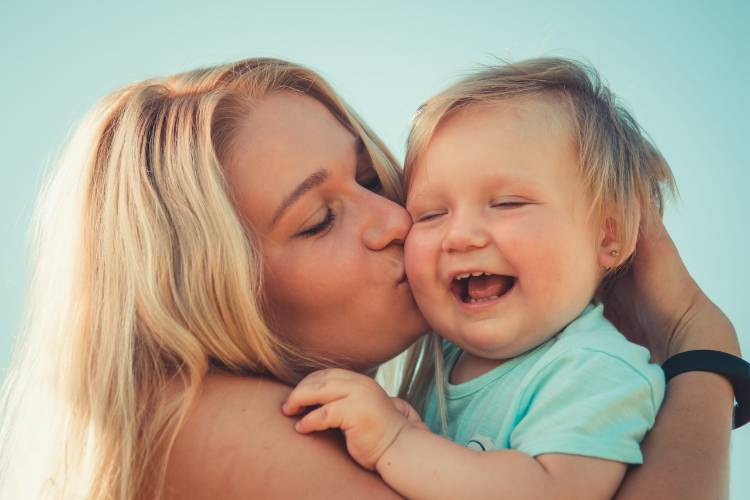
The adoptive parent determines the legal name of the child. A legal guardian may change the legal name of the child with the birth parents’ consent.
4. Inheritance

When it comes to inheritance, legal guardianship vs adoption is different. In legal guardianship, the child has no rights of inheritance from the guardian. The child has rights of inheritance only if he/she has been included in the guardian’s will.
In an adoption, an adopted child has the same rights of inheritance as birth children when the adoptive parent does not have a will. Otherwise, the rights of inheritance of the adoptive child are established through a valid will.
5. Consent of the child

If the child is 10 years of age or older, he/she must consent to his/her guardianship. In the case of adoption, if the child is 10 years or older, he/she must consent to his/her own adoption unless the court adhering to the best interest of the child standard dispenses with child consent.
6. Death of adoptive parent or guardian
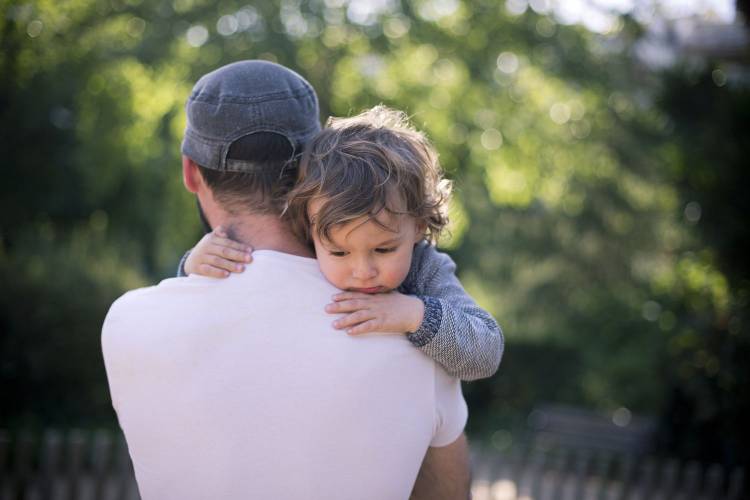
A guardianship subsidy ends with the incapacitation or death of a guardian. It may be offered to the next guardian. In an adoption, the adoption subsidy ends with the termination of parental rights or the death of the adoptive parents.
7. Termination of adoption or guardianship
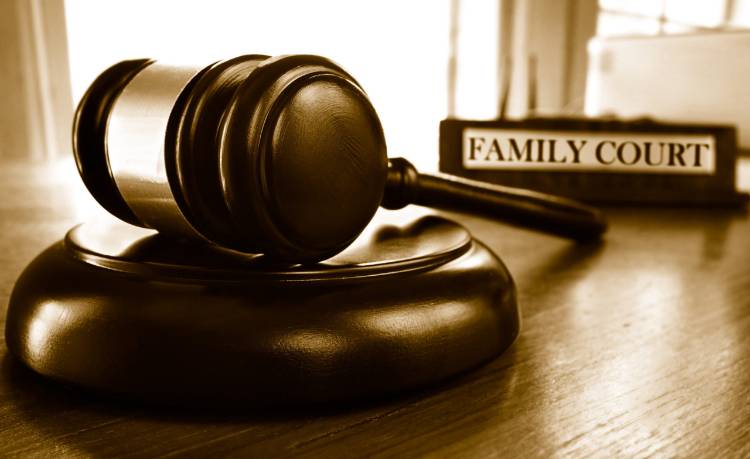
Guardianship is a strong commitment to the child. However, it is usually temporary. It is set to end after a certain period, when the parent of the child asks, or when the child turns 18.
Adoption is also a strong commitment, but unlike guardianship, it lasts for a lifetime. Adoptive parents have parental rights until a court terminates the rights.
8. Subsidy

Legal guardianship vs adoption also differs when it comes to subsidy. A guardian is financially responsible for the child until the guardianship is over. In most cases, a child in foster care is eligible for a guardian subsidy.
Non-custody children, on the other hand, are not eligible for a guardianship subsidy. Guardianship subsidy lasts until the child reaches the age of 18.
Adoptive parents are financially responsible for the child. The adoption subsidy lasts until the adopted child turns 18 with exceptions.
9. Medicaid or other health insurance
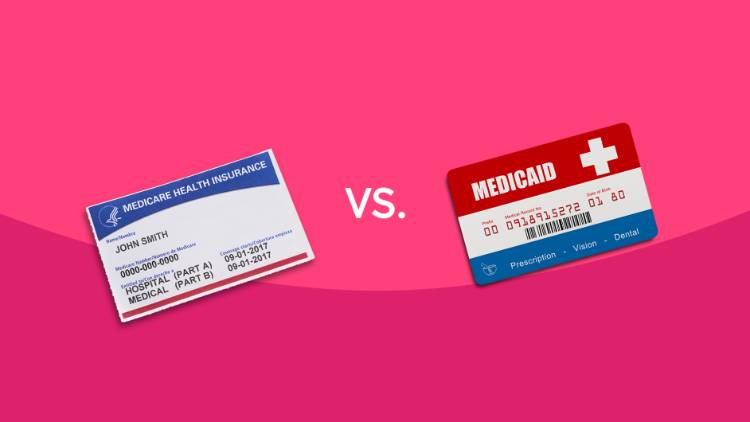
Guardianship subsidies don’t include Medicaid except for Federal IV-E Guardianship Subsidies. If a child remains in foster care through his/her 18th birthday, he/she is eligible for Medicaid until age 26.
Meanwhile, in most cases, adoption subsidies include Medicaid Coverage. Adoptive parents can decide the adopted child’s place on their insurance. Keep in mind that Medicaid would be secondary to private insurance.
If the adopted child meets DPA eligibility requirements, he/she may be eligible for continued Medicaid coverage until age 21.
10. Child support

In legal guardianship, the birth parents are responsible for paying child support if their parental rights have not been terminated. The child support benefit will not be directed to the guardian.
In an adoption, when the parental rights of the biological parents are terminated, they are no longer responsible for continuing child support after the date of adoption. They may still be responsible for unpaid child support.
11. Relationship with the birth parent

The relationship between the child and the birth in legal guardianship vs adoption is quite different. In a guardianship situation, if the parental rights of the birth parents have not been terminated, they have the right to visit the child except in the case where a court orders no visits.
The guardian cannot prevent visits from occurring. They, however, will have input into how the visits are structured. If the parents and guardian cannot work out visitation schedules, one of them may wish to seek court involvement.
As the adoptive parents have parental rights, they have the right to decide if the adopted child will have any relationship with his/her birth parents and how the relationship will occur. The exception is when there is a specific court order.
Legal Guardianship vs Adoption: Which One Is Right for You?
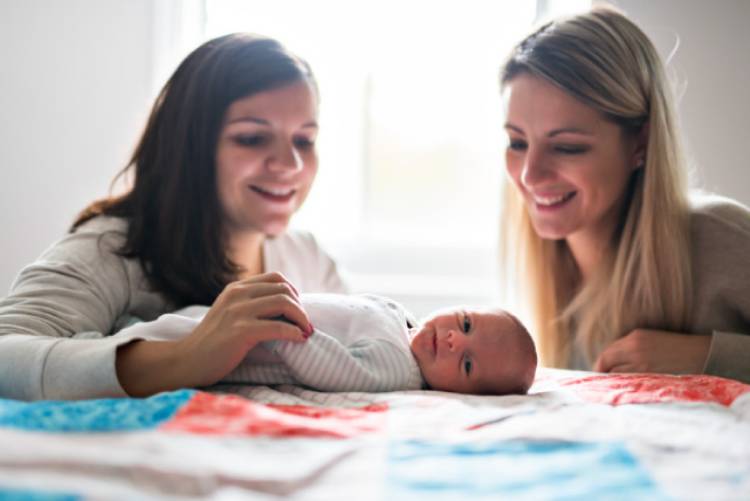
Now you know what makes the two options different. Which one is right for you? Of course, this is not an easy question to answer and we can’t answer it for you. That said, we can give you some points to consider to help you figure out which option is the right one for you.
1. How long do you want the responsibilities to last?
Responsibilities are among the first things to consider when choosing legal guardianship vs adoption. How many responsibilities would you be able to bear? Both guardianship and adoption involve responsibilities to keep the child safe, healthy, well-cared for, and happy.
You must provide the child with care, food, clothing, and shelter. You will be making educational, medical, and financial decisions on the child’s behalf as well. However, guardianship only lasts to a certain point. Adoption, on the other hand, is forever.
A guardian takes care of the child while his/her parent can’t. The guardianship is over after a certain amount of time, when the parent of the child asks, or when the child turns 18.
If you adopt a child, he/she will have the same legal status as a biological child. The adoptive parents have full parental rights and they will be the child’s parents for the rest of their life.
2. Do you want the birth parents to still be involved?
Another thing to consider regarding legal guardianship vs adoption is whether you want the birth parents to still be involved in raising the child. Guardianship does not take away parental rights from the birth parents. They retain the rights and thus, will be involved in raising the child.
Not only can the birth parents make decisions on behalf of the child, but they can also terminate the guardianship if they wish.
In an adoption, the parental rights are transferred from the birth parents to the adoptive parents. This means the adoptive parents will have full parental rights.
If you want the birth parents to still be involved, then a guardianship will be the right choice for you. If you don’t want them to still be involved, then adoption is the right one.
3. How much time do you have to deal with legal matters?
The process of guardianship and adoption takes time. Guardianships in general are much simpler and can be completed quicker. Many guardians never need to go to court for the guardianship process. Home studies aren’t typically required, either.
On the other hand, the adoption process tends to be more complex and lengthier. The simplest adoptions are usually family adoptions where all of the involved parties consent to it.
Even in these cases, the adoptive parents usually need to fill out documents and then submit them for the court’s approval. If the adoption is done via a private adoption agency or the foster system, the process can take even longer.
You may need to petition the court to transfer the parental rights of the previous parents to you, prepare your home for an inspection, or take other steps to complete the adoption process. In short, adoption tends to take more time than guardianship.
How Can I Get a Guardianship?

To get a guardianship, you must first show that both parents of the child are not fit, unwilling, and not able to act as guardians of the child.
In many cases, this might happen when one parent is out of the picture for some reason and the other parent recognizes that he/she cannot take care of the child and asks a relative or friend for help.
A parent can consent to a guardianship, but he/she must be willing to tell the court that he/she is unfit, unwilling, or not able to act as a guardian. The court will then appoint a lawyer to represent the child (guardian ad litem). The lawyer will meet with the child and the appointed guardian.
If the court determines that the child has no parent who is fit, willing, and able to act as a guardian, the court will look to see whether you are able to serve as a guardian.
If there is a dispute regarding whether a guardianship is necessary or who should be appointed as a guardian, the court will hear evidence from the parties involved and make a decision.
Also Read:
How Can I Terminate a Guardianship?

The birth parents of a child who is under a guardianship can petition the court to terminate the guardianship. They will have to show the court that they are fit, willing, and able to act as guardians and explain why terminating a guardianship is in the child’s best interest.
The birth parents will need to show the reasons why the guardianship was entered no longer exists. They also need to demonstrate how the termination of the guardianship is in the child’s best interest. Keep in mind that the judge will not presume this.
How Can I Adopt a Child?

Adoption involves the termination of parental rights of the birth parents. As such, the court will scrutinize the grounds for which these rights should be terminated.
If the birth parents are willing to consent to terminate their parental rights, or if there are solid grounds for the termination of these rights, then you should consult with an attorney.
Before the court will hear the adoption, you have to have lawful custody of the child for six months at minimum. This is typically not an issue with stepparent or foster parent adoptions. However, in other situations, you may need to obtain an order from the court to transfer the custody.
You will also need to arrange for a home study and a post-placement assessment. The court will appoint an attorney to represent the child (guardian ad litem). The lawyer is tasked with advocating the best interest of the child in the adoption process.
When the court is satisfied that the parental rights of the birth parents should be terminated, and that you would be an appropriate adoptive parent for the child, and after lawful custody, the court will hold a hearing to decide whether the adoption should take place.
When it comes to legal guardianship vs adoption, there are many differences. The main difference is that guardianships only last for some time while adoptions are permanent.
